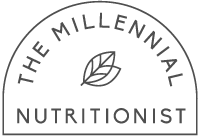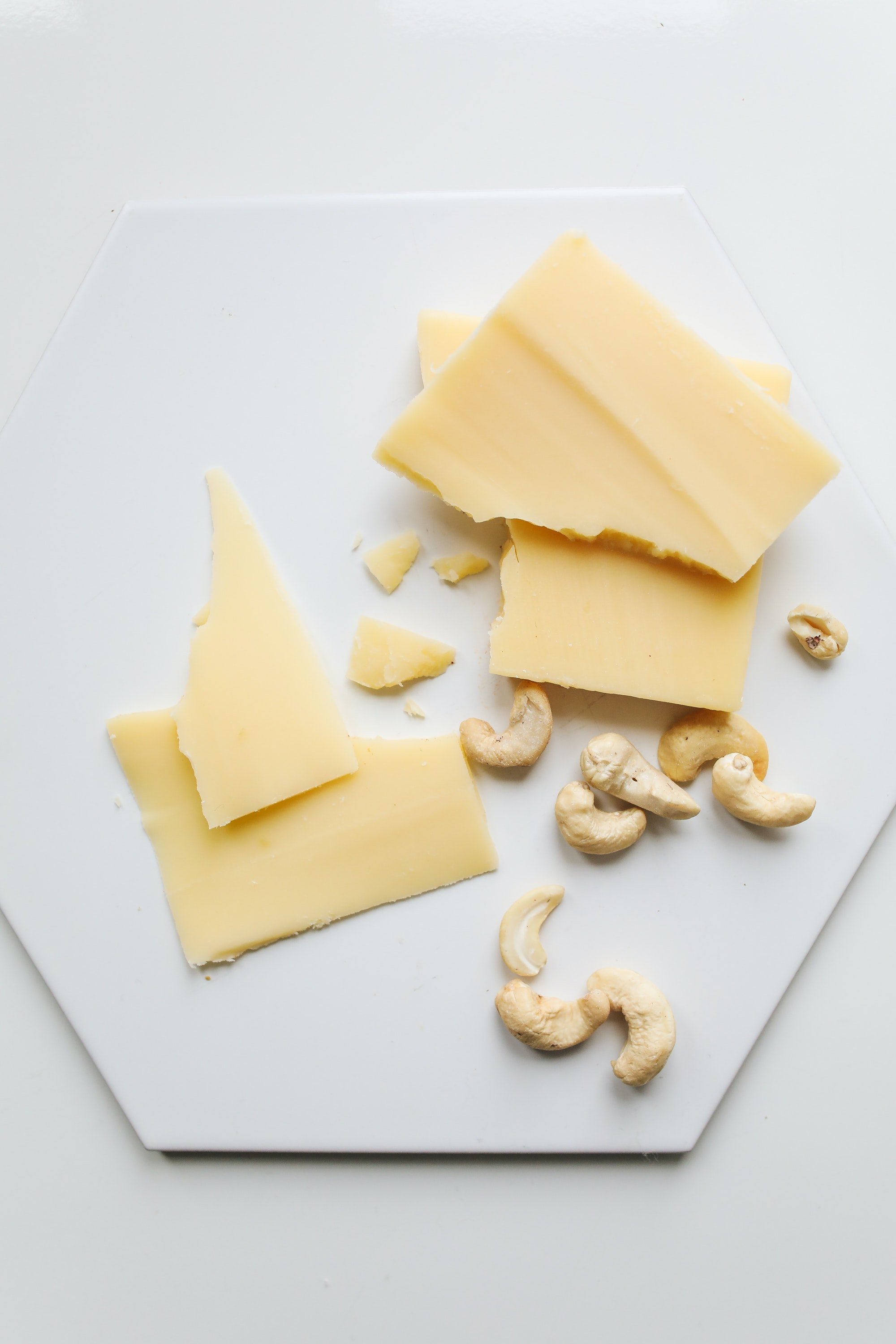Which Milk is Best for Weight Loss? Dietitian Review: Plant-Based Milks
Written by: Sarah Hester, MS, RD
It seems like there are new plant-based “milks” appearing on grocery stores shelves every day. Oats, coconuts and almonds aren’t the only plants made into a “milk” or milk-like beverage nowadays. “Milks” made from seeds like hemp and flax and nuts like macadamia, cashews and even peanuts are now even available in our favorite coffee shops.
But what’s the hype? Are they really better for us than plain old cow’s milk?
It all depends on your preferences and motivations in why you choose what foods you consume. I know, that’s not a sexy answer but it’s the truth. We chose different foods for a variety of reasons like taste and flavor, cost or budget, health benefits, allergies or intolerances, availability, traditions, and sustainability assumptions. And of course, if the product is highly marketed and the packaging draws you in, you’re more likely to choose that product.
Why more plants?
Plant foods like fruits and veggies are full of fiber, micronutrients (vitamins, minerals) and water - all things we need in a healthy diet along with protein and fat. At The Millennial Nutritionist, we recommend at least 5 servings of produce a day or making half your plate at mealtimes fruit and veggies. It’s important to note that plant-based “milks” don’t count towards those recommended servings even if they are made from a fruit or veggie. Eating produce in its original form or close to it (fresh, canned or frozen) offers the full benefits of produce!
What are plant-based milks?
Basically, they are mostly water and the plant the milk claims to be made out of. To make them creamy or taste good, some food additives and sugar are usually added. Some even have micronutrients added to them to mimic those that are found naturally in cow’s milk.
So, let’s compare some of the most popular varieties and see how they stack up.
Oat Milk
1 cup original oat milk contains 90 calories, 19g carbohydrates, 2g protein and 1.5g fat.
Almond Milk
1 cup original almond milk contains 60 calories, 8g carbohydrates, 1g protein and 2.5g fat.
Soy Milk
1 cup of original soy milk 100 calories, 9g carbohydrates, 8g protein and 4g fat.
Coconut Milk
1 cup of drink-type coconut milk contains 50 calories, 5g carbohydrates, 0g protein and 3g fat.
Pea Milk
1 cup of pea milk contains 100 calories, 6g carbohydrates, 8g protein and 4.5g fat.
Cow’s Milk
1 cup of skim cow’s milk contains around 100 calories, 13g carbohydrates, 8g protein, and 2.5g fat. Naturally contains calcium, vitamin A, B vitamins (B2, B3, B5, B12), iron, calcium, phosphorus, iodine, potassium, selenium, zinc and includes added Vitamin D.
What is the best choice for weight loss?
Simply put, there is not one best “milk” that aids in weight loss. Since weight loss is so personalized, this choice is also! Comparing cup for cup, you can see that cow’s milk contains more protein than any of the plant-based “milks.” After working with our team of Registered Dietitians, you may be trying to increase the amount of protein you eat per day. A latte made with cow’s milk may just be the addition that gets you that extra dose of protein that you were aiming for. You can also see that some of the plant-based beverages are a little lower in calories, so these may be an option for you if you are trying to cut your calories and still enjoy a milk-like treat or dish.
So, which is right for me?
The differences in macronutrients (protein, carbohydrates and fat) are pretty small, but if you are in a phase of intentionally trying to increase or decrease a certain nutrient this info could come in handy! In The Millennial Nutritionist program, we pair you with a Registered Dietitian on our team that helps you choose the best option for you, your weight loss goals, and overall nutrition for your life. Book a discovery call to see if our program is right for you!
Image Credit: https://coffeegeek.tv/how-to-clean-a-breville-espresso-machine/
PS: Don’t tolerate dairy well? There may be other options for you.
You know your body best. Some people feel they do not tolerate dairy well, like cow’s milk, and may have a have a diagnosed intolerance to lactose or suspect they have one. This is different from a dairy allergy, which is an allergy to the protein found in dairy products. Those with a lactose intolerance find that they can sometimes tolerate foods with lower amounts of lactose in dairy like hard cheeses (parmesan, swiss, cheddar) and even sometimes yogurt or kefir, a fermented dairy drink. You can even find lactose-free cow’s milk on the shelves or “ultra-filtered milk” where the lactose is removed.



